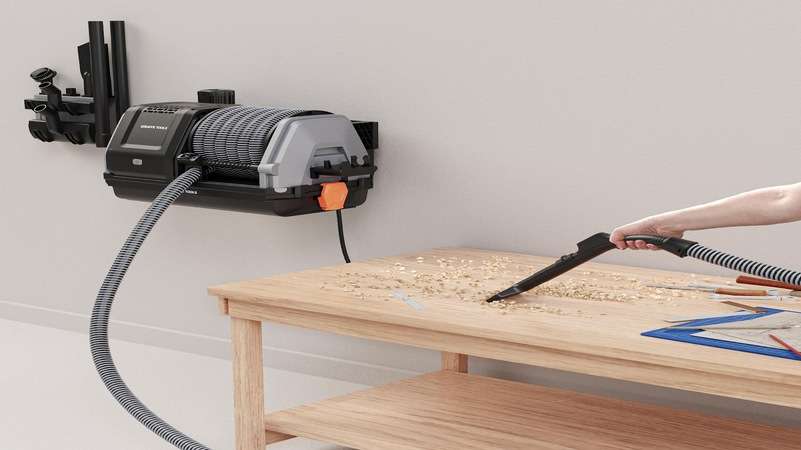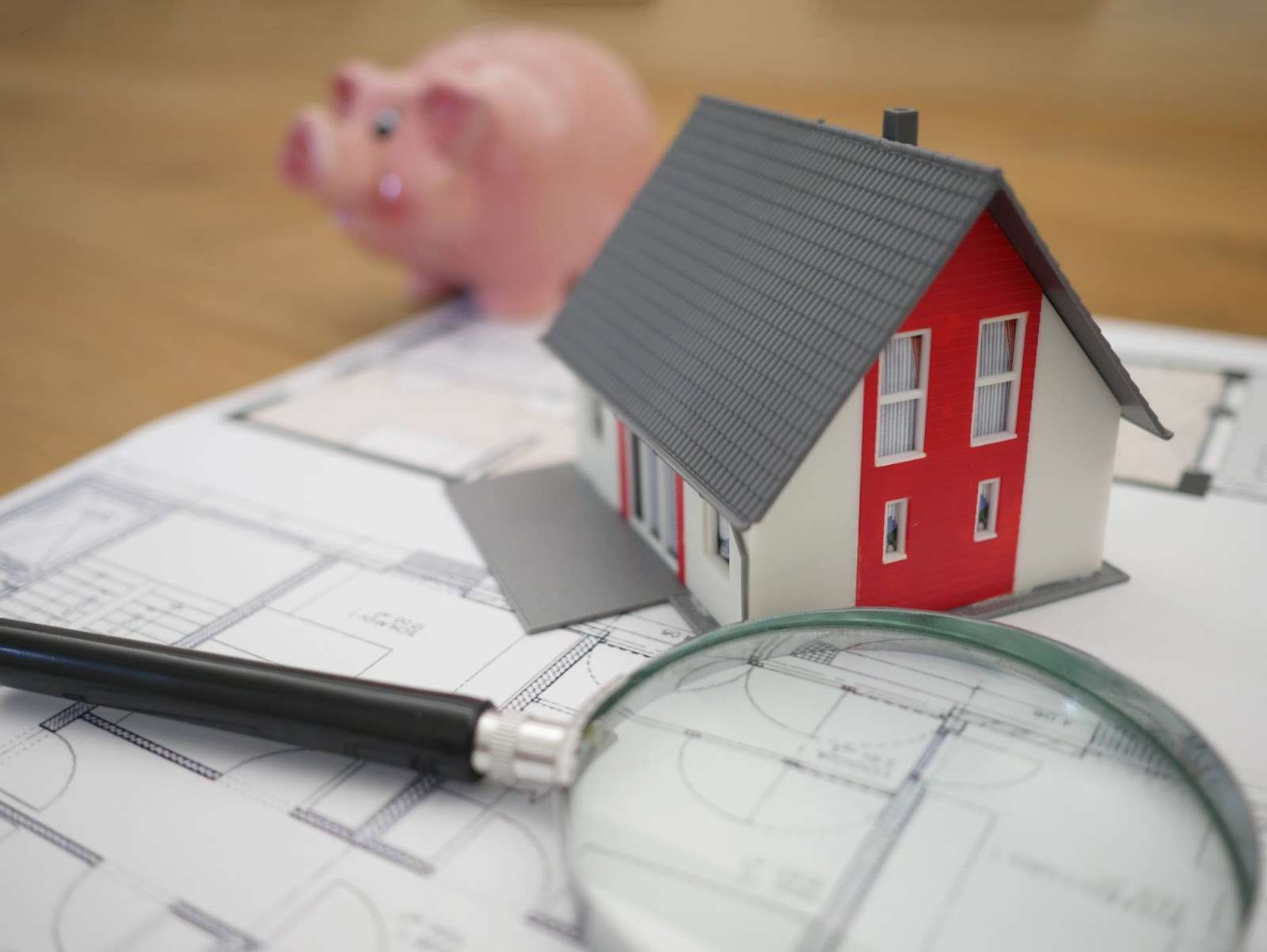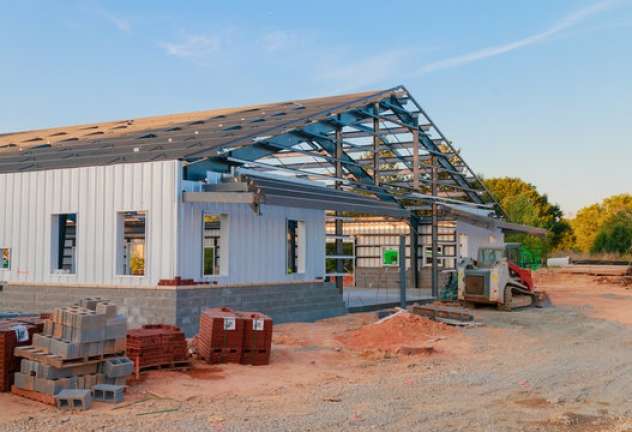In 2022, most of us have been glued to crazy charts of the U.S. housing market prices.
However, when you’re on the hunt for the perfect house, you need to take into consideration both the upfront expenditures of purchasing a property and the expenses you’ll need to budget for after closing when evaluating whether you can afford to purchase a home.
This would be the true total cost of buying a house
As a homeowner, you’ll be responsible for all of the bills and unexpected expenditures that come with owning a house, so you’ll need to put aside money for those things.
Keep on reading for our full breakdown of the hidden costs of buying a house.
Total Cost of Buying a House 101: Upfront Costs
Purchasing a property entails hefty up-front expenses in addition to the purchase price.
With that in mind, here are the most frequent upfront fees you’ll need to account for when you’re ready to buy a home
Your Down Payment
To begin with, you’ll need to think about your down payment. In order to purchase a property, you’ll be required to pay a percentage of the transaction price in advance. After the sale, your mortgage will cover the rest of the cost.
Describe where you are in the process of purchasing a property in the space provided. Getting pre-approval is as simple as filling out a few forms on a credible mortgage provider and waiting for a response.
According to a general guideline, the more money you have to put down the better. Nonetheless, below is a list of the most prevalent lending programs and their minimal down payment requirements.
- FHA loan: 3.5%
- Conventional loan: 3%
- USDA loan: 0%
- VA loan: 0%
- Jumbo loan: 10% to 20%
Of course, you can expect these rates to vary by state. And, if you’re in Brisbane, you’ll want to use these services to help you pick the right terms for your budget.
The Closing Expenses
Closing expenses in real estate are any charges incurred in order to complete the purchase of a property.
It’s possible to include these expenses in your offer and have them covered by both parties, although they’re usually shared between the buyer and seller. Closing expenses, which the buyer is responsible for paying, typically range from 2 percent to 5 percent of the purchase price of the house.
There is no one-size-fits-all answer to the closing charges you may face. If you’re a buyer, you’ll often have to pay for items like home inspections and an appraisal charge, as well as the cost of a title search and insurance. When you obtain your pre-approval letter, ask your lender to calculate closing costs for you at a few different price points.
Reserves
Reserves are confusing concepts to many first-time homeowners. The money you set up for a down payment and closing expenses isn’t strictly a cost of purchasing a house, but it is a need.
When you purchase a property, mortgage firms don’t want to drain your savings account. Instead, they want to make sure that you have enough money left over to cover your mortgage payments even if your income is affected by an unexpected event.
Most lenders will require that you have at least two months of reserves or two months of mortgage payments remaining when you purchase a primary house. However, depending on your lending program, you may be required to set aside even more time.
Hidden Costs of Buying a House: Ongoing Costs
As a homeowner, you should expect your monthly mortgage payment to be your most significant ongoing cost. The principle and interest on your mortgage are included in your monthly payments.
But, it’s not just your only ongoing payment.
Property Taxes
In most states and counties, property taxes are only required once or twice a year. However, the laws and practices governing property taxes vary widely. Local tax information is easily available online and may help you assess whether a town or area is within your price range.
Don’t expect your property taxes to stay the same if your local government raises them to pay for municipal projects or costs. The assessed value of a house may increase as a result of improvements or general market circumstances, which in turn might raise property taxes.
Mortgage servicers often pay property taxes on behalf of homeowners, putting the money in an escrow account. As a result, if your property taxes rise, you’ll have to raise your monthly mortgage payment to compensate.
Homeowners’ Insurance
Like taxes, these two forms of insurance may be paid by your lender from an escrow account and vary by state and location. Based on the research conducted by NerdWallet, the average annual premium for homeowners insurance is $1,784.
A homeowner’s insurance policy includes hazard insurance, which is priced according to local risk factors like earthquakes and flooding.
Bundling your homeowner’s insurance with your vehicle or life insurance frequently results in reduced premiums.
Mortgage Insurance
With a traditional loan, you’ll have to pay mortgage insurance if your down payment is less than 20%. This insurance may cost up to 2% of the total loan amount each year.
By paying these premiums, you ensure that your mortgage lender will be compensated in the case of your failure. Your monthly mortgage payment usually includes these costs. For at least 20% of your home’s value, mortgage insurance may be eliminated.
Co-Op and HOA Charges
A monthly HOA fee will likely be added to your mortgage payment if you purchase a home in a planned development with an HOA, or if you purchase a condo or co-op.
For example, gardening or painting or building-wide utilities such as electricity are all included in this price.
Pay special attention to HOA fees before purchasing if you live in a costly metropolitan region where they might be as high as your monthly mortgage payment. A large update to the complex may need a special assessment to pay the cost of each homeowner’s portion of the shared improvement.
Exploring the Real Home Buying Costs
It’s crucial to plan ahead since the expenses of purchasing and maintaining a house may suddenly escalate. As a homeowner, you’ll want to save money, improve or maintain your credit rating, and shop around for the cheapest mortgage rates feasible.
Hopefully, our guide has shed some light on the total cost of buying a house. And, you’ll want to augment this knowledge by checking out our real estate section for more tips and home buying advice.
Read Also: What Is the Difference Between Automated Home and Simple Home?
















